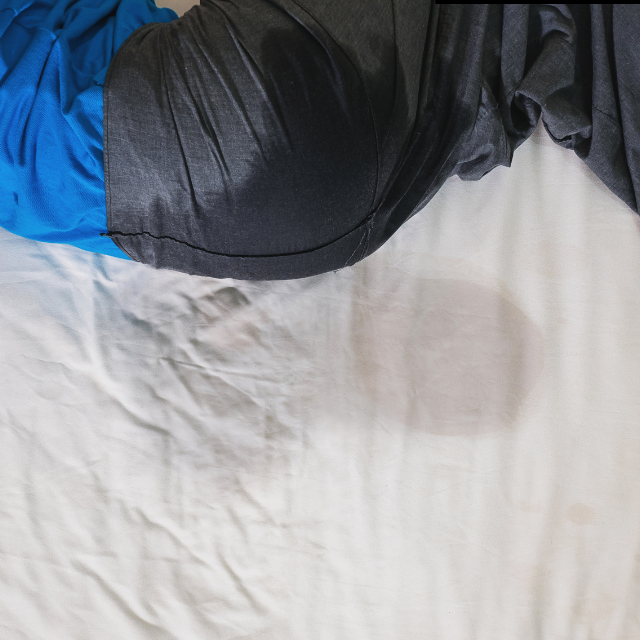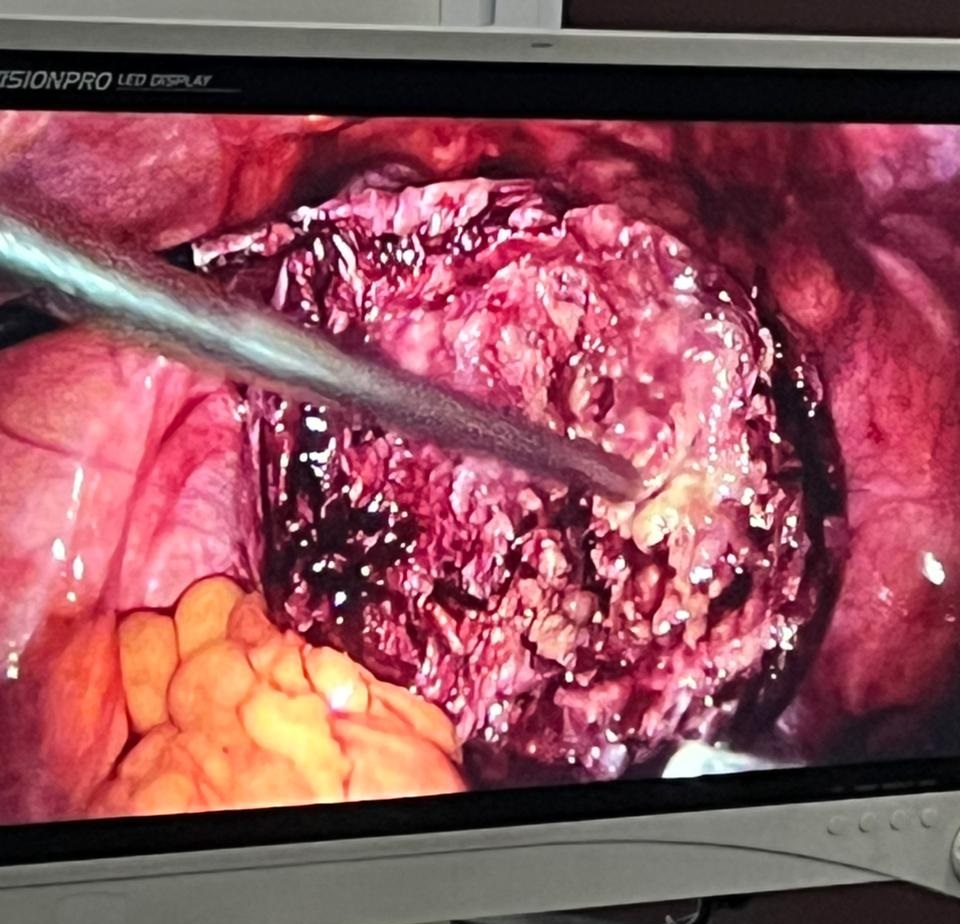Bedwetting in Children: When Should Parents Be Worried?
Bedwetting may be an upsetting and frustrating experience for parents and children alike—but it's more prevalent than many know. Bedwetting, or nocturnal enuresis, happens to millions of children across the globe, particularly those younger than 7 years of age. Although it is typically a normal phase of childhood development, it is necessary to know when to intervene to improve your child's health and well-being.
Why Bedwetting Occurs
For younger children, bedwetting may just be an outcome of their bladder and nervous system continuing to develop. Some children may not make enough of the hormone that slows down urine production during nighttime, while others can be deep sleepers who do not wake up when the bladder is full. Bedwetting in the family also raises the likelihood of a child getting it.
In most instances, worry not—the majority of children grow out of it on their own.
When Should Parents Be Worried?
Though bedwetting is normal, there are instances when it may be a sign of something more. Think about talking to your child's physician if:
Your child is older than 7 years and still wetting the bed on a regular basis.
Bedwetting begins suddenly following an extended dry spell.
Daytime incontinence or frequent frequent urinating occurs.
Your child feels pain while urinating or has cloudy or pink urine.
There's excessive thirst, weight loss, or tiredness (potential diabetes).
There is loud snoring or disturbed sleep (potential sleep apnea).
Bedwetting is leading to emotional distress, worry, or low self-esteem.
How Can Parents Help?
Above all: be patient and supportive. Bedwetting isn't your child's fault, and punishment will make things worse. Here are some useful tips:
Limit fluids before bedtime, especially sugary or caffeinated drinks.
Encourage your child to use the bathroom right before sleep.
Use waterproof mattress covers for easier clean-up and comfort.
Consider using a bedwetting alarm, which can help train the brain to wake up.
Praise progress and offer rewards for dry nights, but avoid shaming or pressure.
If it continues or becomes more serious, a pediatrician can provide diagnoses and recommend treatment, from medication to behavior modifications.
The Bottom Line
Bedwetting is something that many children experience—and in most instances, it's nothing to worry about. But if it persists into later childhood or is accompanied by other symptoms, it's advisable to talk it over with a health professional. With the proper guidance and technique, your child will navigate this stage confidently and comfortably.



